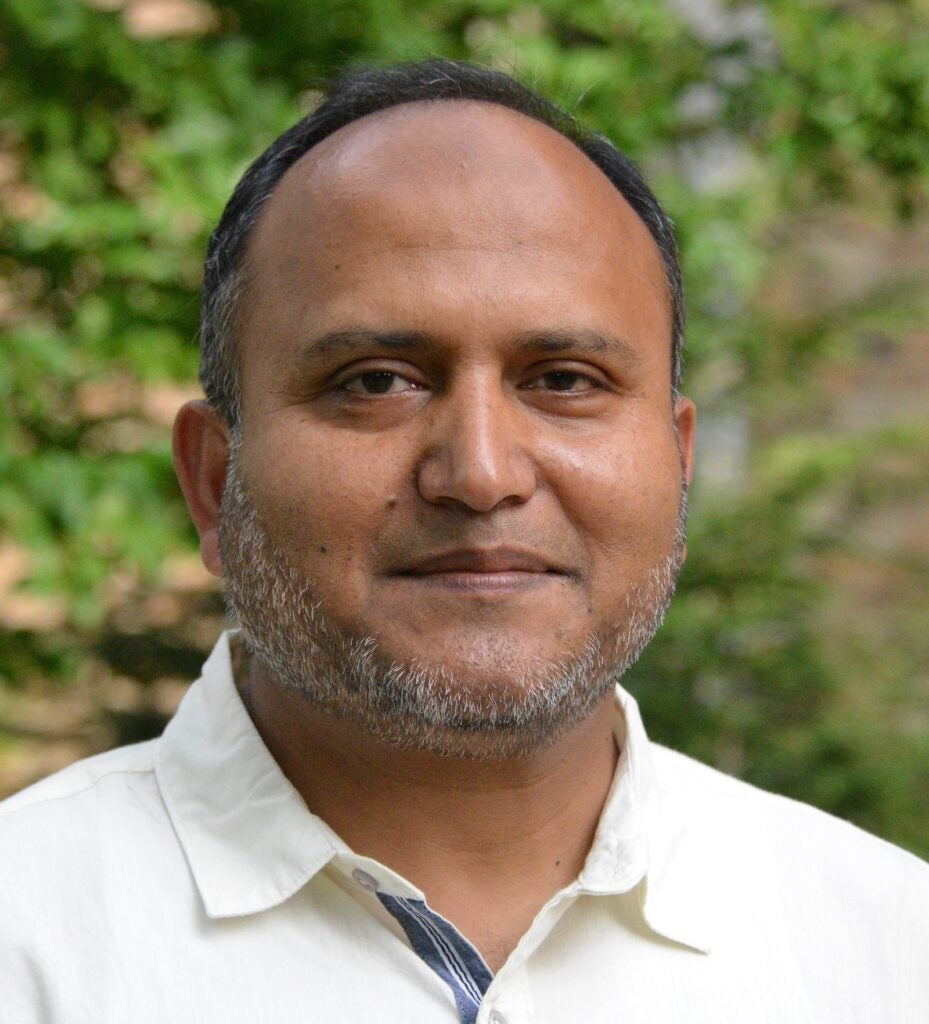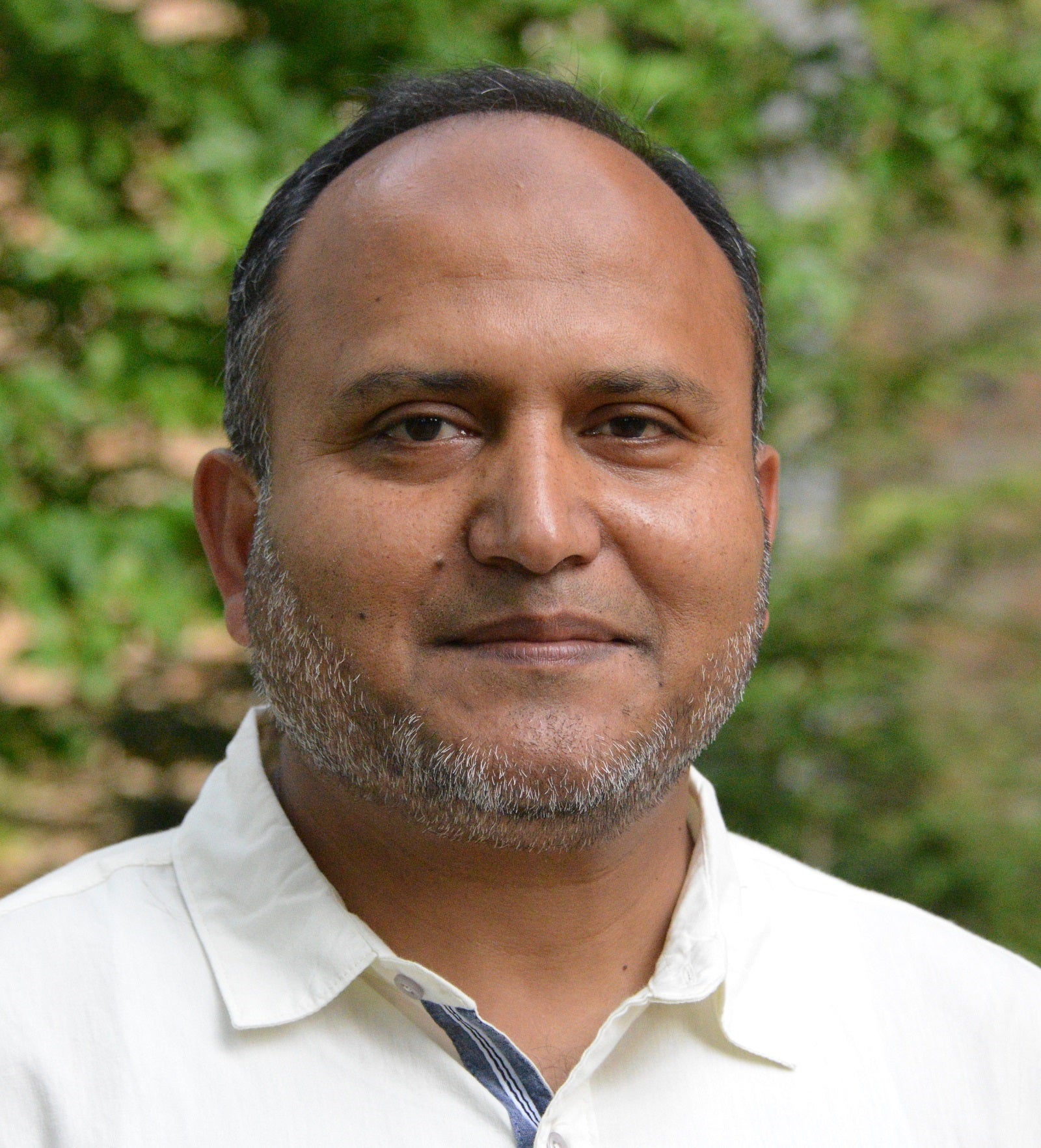JUPS Program Welcomes Dr. Helal Mohammed Khan

The JUPS Program proudly welcomes Dr. Helal Mohammed Khan to our faculty! Dr. Khan, with a background in peace studies and anthropology, holds an M.Sc. in Social and Cultural Anthropology from the University of Leuven and another in Islamic and Middle Eastern Studies from the University of Edinburgh.
What inspired you to join the Justice and Peace Studies program at Georgetown University, and how do you envision your previous experiences contributing to your role here? Obviously, there are a number of reasons why I decided to join Georgetown’s Justice and Peace Studies (JUPS) program. To put them bluntly, they are rooted in a blend of my prior training, professional experiences, and worldview. However, my primary inspiration stems from my work with the Rohingya people. Witnessing their suffering in Myanmar and, to some extent, in Bangladesh, and seeing how some have transformed their hardships into success after migrating elsewhere, has profoundly shaped my commitment to teaching justice and understanding related policy dynamics. The Rohingya story continues to fuel my passion for peace and justice, making this work deeply personal and significant to me.
How do you anticipate your background in peacekeeping and international relations will shape your approach to teaching and research in this new position? Thanks for asking this question. As a soldier-turned-peacekeeper who transitioned into anthropology, I bring a perspective that aligns closely with the JUPS program’s mission. My military service, particularly my experience at the border and as a UN peacekeeper, has given me a nuanced understanding of the complexities of conflict and peacebuilding over the years. I’m eager to integrate these insights into my teaching, enhancing students’ understanding of justice and peace from both theoretical and practical standpoints. How much I can achieve in this role remains to be seen, but I am eager to contribute meaningfully.
As you prepare to step into your role in the Justice and Peace Studies Program, what are you most looking forward to? I’m excited about working with students at all levels. Learning is always a reciprocal process: we, professors, gain as much from students as they do from us. Additionally, I am eager to continue exploring the intersections of justice, the right to life, and environmental sustainability. Georgetown’s location, national prominence, and international reputation provide an invaluable platform for me, my colleagues, and students to bridge practical experiences with academic scholarship and policy. I’m genuinely excited about the opportunities this role presents.
Are there any particular themes or issues in justice and peace that you are eager to explore or emphasize in your teaching and research at Georgetown? I’m particularly interested in exploring the concept of ‘everyday justice’, where we focus on justice through the lens of daily life issues such as education, health, housing, wages, the economy, communication, the environment, and spirituality. As a former peacekeeper, I’m also keen on understanding post-conflict reconstruction and the role of international institutions in peacebuilding. However, given the recent failures of international bodies like the United Nations in places such as Sudan, Ukraine, and Palestine, I want my students to understand and emphasize the importance of local perspectives and grassroots movements in achieving sustainable peace and justice, globally.
What role do you see Georgetown’s Justice and Peace Studies program playing in addressing global challenges, and how do you hope to contribute to that mission? I see the JUPS program as uniquely positioned to tackle global challenges by fostering in students a deep understanding of the root causes of conflict and the pathways to justice. My colleagues and I are fully committed to advancing this mission, both academically and socially. In our classrooms, we aim to bring practical perspectives to academic discussions, enrich the curriculum with real-world insights, and collaborate on research addressing urgent global issues. We encourage students to leverage these opportunities to develop the skills and knowledge necessary to become effective agents of change on a global scale.
